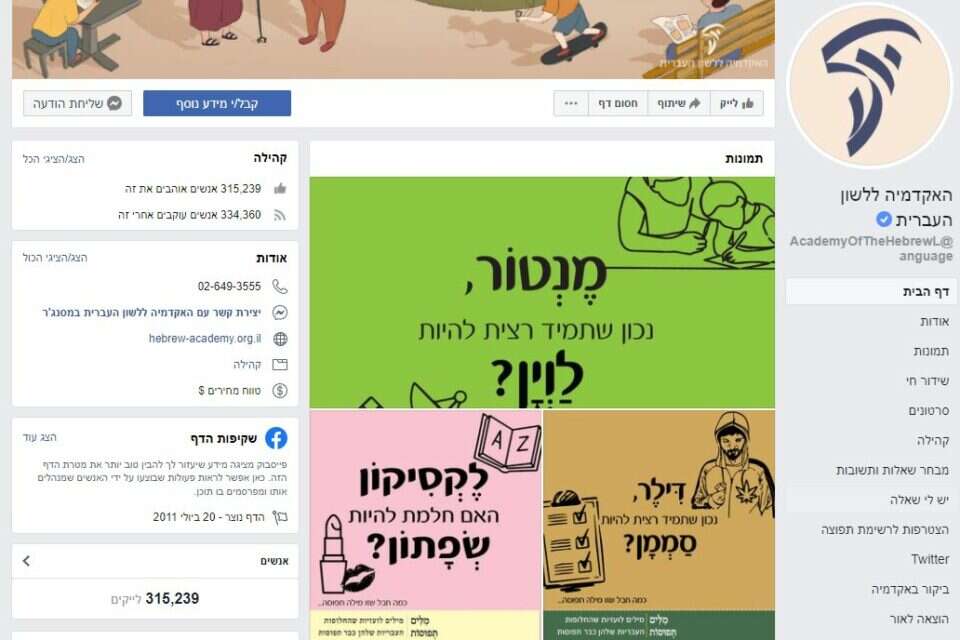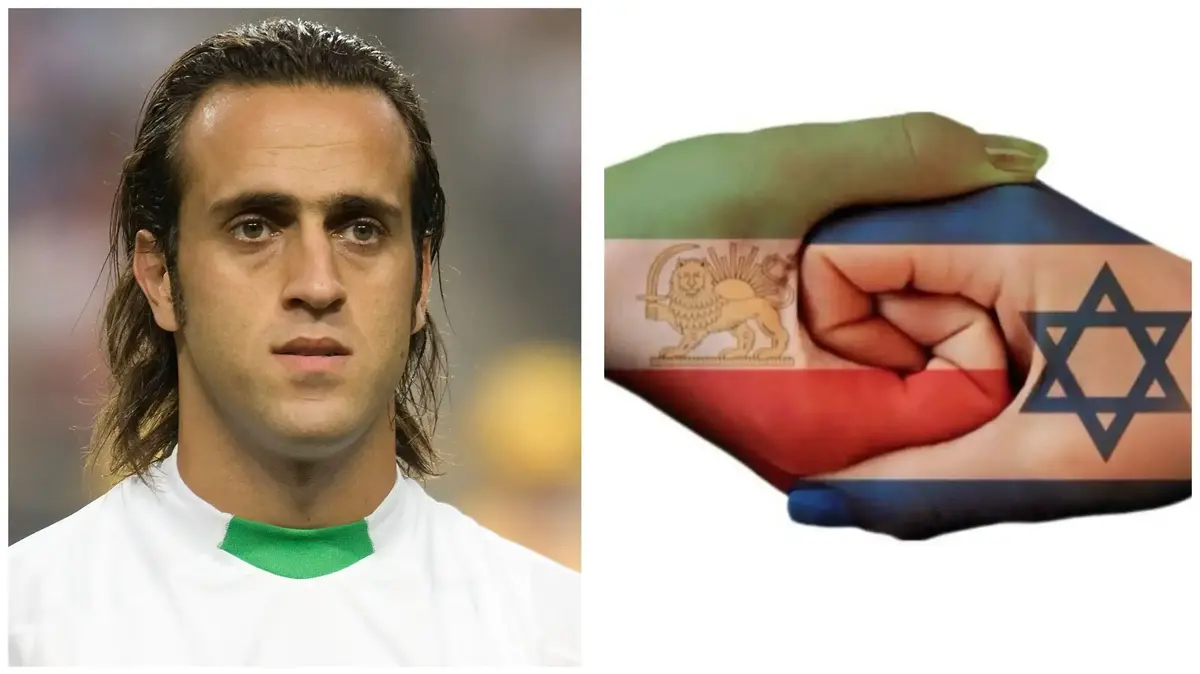One of the most popular pages on the net is the Facebook page of the Hebrew Language Academy. The body, which has been considered an "old-fashioned uncle" for years, actually lives and kicks among the younger generation on social networks, and manages to elicit quite a few inquiries, comments and sympathy from the public.
This sympathy brings to the Hebrew Language Academy quite a few inquiries and questions - not only from adults, but also from teenagers and children (who apply through parents).
For example, 13-year-old Daniela asked why a small spoon has a name - "spoon", but a small fork or small knife has no word of its own.
She even suggested solutions: "fork" and "knife".
The 10-year-old Saar wondered why they did not say "yesterday" about weight the next day.
9-year-old Nadav asked: If in China Chinese are spoken, in France French is spoken, and in Romania Romanian is spoken - why in Israel is Israeli not spoken, but Hebrew?
"Fork", will it catch ?, Photo: GettyImages
"The Hebrew Language Academy website has a special form for questions about language matters, and the members of the Scientific Secretariat answer each and every question in person," says Tamar Katzir, a member of the respondents' team. According to her, every month between 1,000 and 1,300 questions are received on a variety of topics: terminology, pronunciation, spelling, punctuation, translation and transcription, word meanings, the origin of expressions and more. "Sometimes requests come for help in drafting an invitation, and in contrast - in the caption on its status. Public inquiries have inspired many of the content on the Hebrew Language Academy website, and even spawned one of the most popular sections - the 'Names and Meanings' section, which deals with the meanings of common first names."
And there are also children who try to innovate and suggest words related to their daily lives.
Thus, for example, one of the common examples is the verb "to sleeve", meaning "to put the hand in the sleeve", but also to mean "to roll up the sleeves" before eating.
At the same time, every night before bed, many children ask their parents to "blanket" them - that is, to cover them with a blanket.
The academy explains that children who are in the language acquisition stage tend to create word innovations where they feel lacking, or when they are unfamiliar with the existing words.
For example, a girl named Alma suggested the word "Nofi", which is the bread of Nof and beauty, while Guy said that his 5-year-old son told him "Dad, I want to slap too", meaning to knock with a hammer, and when Guy explained that there is no such word, He replied: "So why is it said to herd in a hoe?".
Turning to a 7-and-a-half-year-old said something "distracted" him, explaining that the intention was that it made him feel weird.
Were we wrong?
Fixed!
If you found an error in the article, we'll be happy for you to share it with us


/cloudfront-eu-central-1.images.arcpublishing.com/prisa/JG6SYWYHVFEKPLDBWZ4Y254OTE.jpg)











/cloudfront-eu-central-1.images.arcpublishing.com/prisa/IGZ7GOCXZ5GUPAQ2HWGK6Z76BU.jpg)